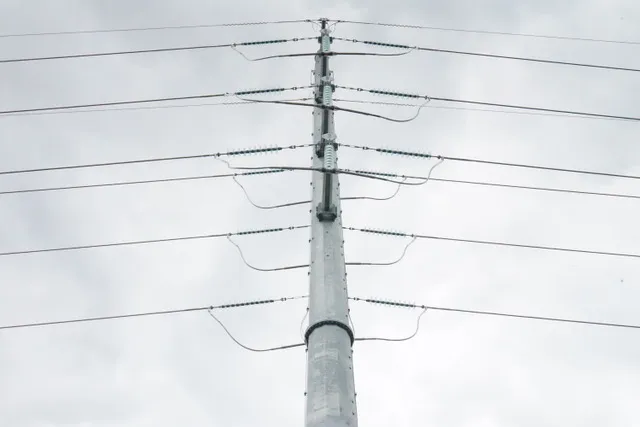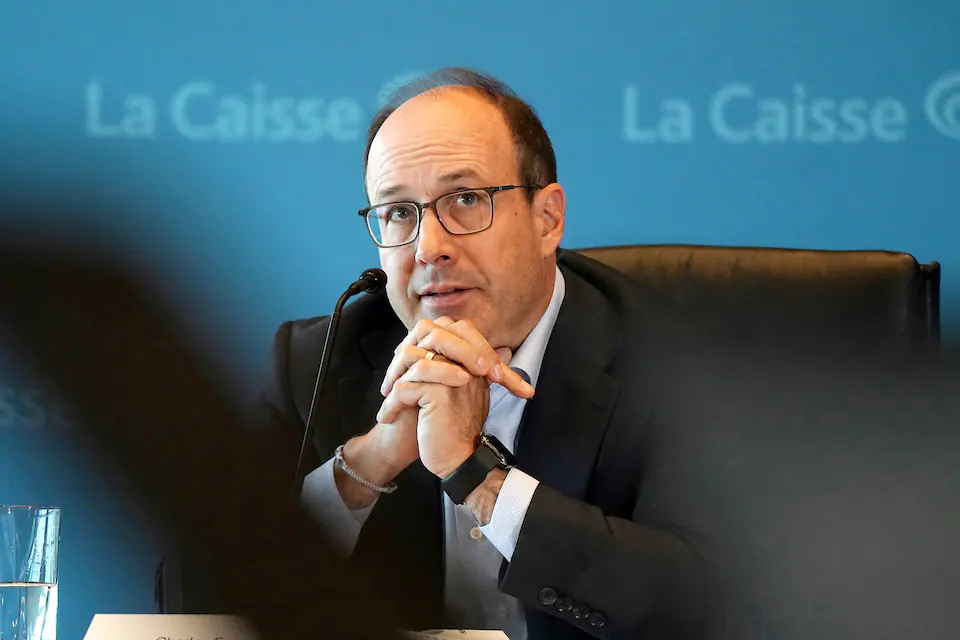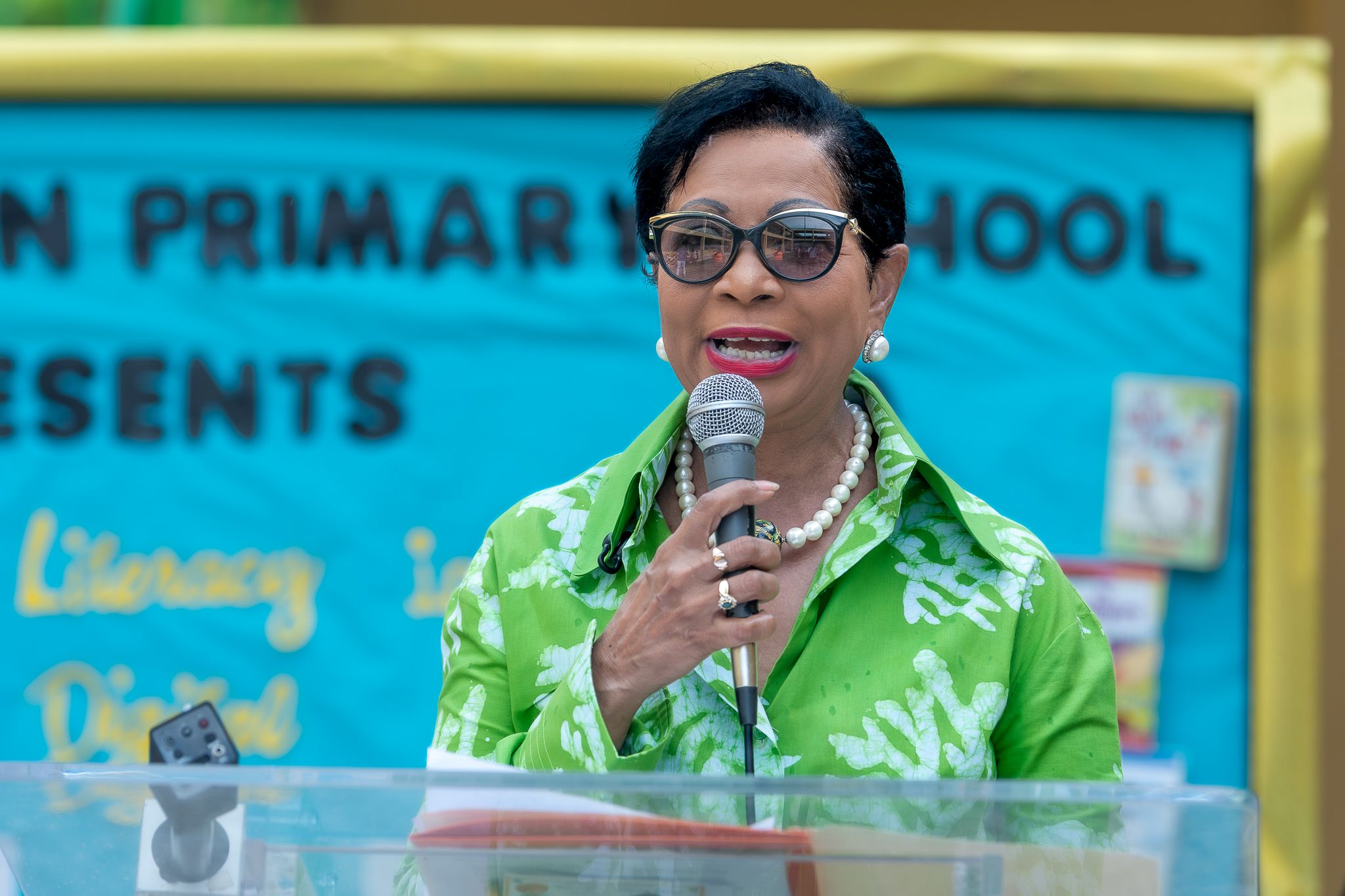
Gov. Ned Lamont on Tuesday suggested that United Illuminating may soon agree to postpone a final decision on the utility’s controversial plan to erect a new transmission line through sections of Fairfield and Bridgeport.
The project, known as the Fairfield to Congress Railroad Transmission Line, has sparked intense opposition from local residents, businesses and elected officials who have objected to both the location and the utility’s plans to string the lines between steel poles up to 195 feet high.
The Connecticut Siting Council, which has jurisdiction over the location of transmission lines, has scheduled a final vote on the project for this Thursday after its members previously indicated their support in a non-binding straw poll.
But the vote could be delayed if Lamont and United Illuminating agree to hold further talks with state and local officials to come up with an alternative plan that would alleviate some of the communities’ concerns. As of Tuesday afternoon, no such compromise had been reached, but Lamont said he was engaged in ongoing conversations with the company.
“We’re here to say we’re not going to let UI rush into a bad decision,” the governor told a crowd that had gathered at the state Capitol to protest the proposal. “Give us time to come up with a better, credible alternative.”
Lamont added that company officials had told him “they would not oppose the delay.” He said the two sides planned to meet again as soon as Friday.
A spokeswoman for United Illuminating declined to comment on the governor’s remarks.
The company has argued that its proposal to build the transmission line on top of what are known as monopoles is the most cost-effective option for ratepayers. With the above ground route, the project’s estimated $300 million price tag would be spread across nearly 14 million electric customers throughout all of New England, the company has said.
By contrast, burying the line underground — one of the alternatives most commonly cited by critics — would likely add $500 million in costs that would have to be borne exclusively by ratepayers in Connecticut, the company said.
Lamont challenged that, telling reporters Tuesday that additional costs deemed to be necessary for safety or other practical purposes — as opposed to aesthetic reasons — could be spread out more broadly across the region.
Mary Cate Colapietro, a spokeswoman for regional grid operator ISO New England, said Tuesday that the organization has yet to review the project to determine how its cost should be spread out.
“If a project that had been proposed to be overhead, is instead required to be underground because of the outcome of state siting, then under [ISO New England’s] procedures, the incremental cost to underground the line would not be regionalized,” Colapietro said.
Lamont’s comments drew a swift rebuke from House Minority Leader Vincent Candelora, R-North Branford, and ranking member of the Energy and Technology Committee, state Rep. Tracy Marra, R-Darien, who issued a joint statement accusing the governor of “inserting himself” into the siting council’s deliberations.
“If elected officials in these communities wants to have prettier lines, let them pay for it,” the statement said. “Why should the rest of the state bear that cost?”
In Fairfield and Bridgeport, meanwhile, opposition to the project has crossed party lines.
Earlier this month, a delegation of local lawmakers wrote a letter to the siting council arguing that the project would depress property values while causing other harm to local business, churches and historic sites such as Bridgeport’s Freeman Houses. In addition, they said the 19 acres needed for easements to construct the transmission line violated the property rights of owners.
On Monday, CT Insider reported that Lamont’s office arranged a “peace summit” last week between local leaders and UI that did not result in any agreement being reached. Officials in both Bridgeport and Fairfield are planning to hold a press conference Wednesday asking the siting council to delay its vote.
A representative for the siting council did not immediately respond to a request for comment on Tuesday.
Reporter Mark Pazniokas contributed to this article.



